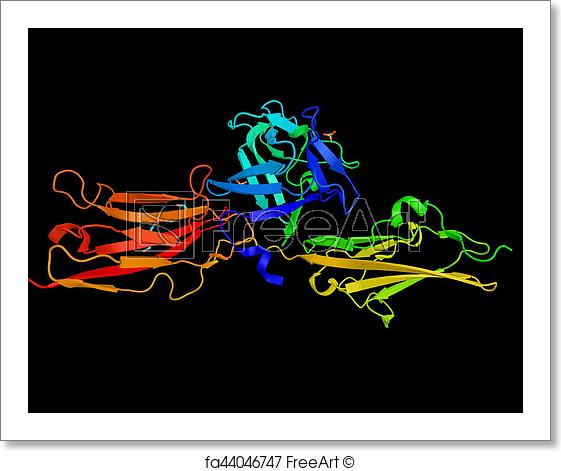In this segment, I will discuss fucoidan and inhibition of angiogenesis of cancer cells. This action of angiogenesis is essential for cancer to obtain nutrition and oxygen, and also using blood vessels is one of the ways cancer can continue the stage of metastasis. So, how can we prevent metastasis and cut off the supply to cancer’s nutrient and oxygen?
In this blog, you will understand the cause and also the reason, I write and mostly like to talk about fucoidan. And now, discuss the inhibition of angiogenesis.
Cancer cells need new growth on the vascular network in order to metastatic spread or proliferation depending on an adequate supply of oxygen and nutrient. The key mediator of the tumor is the VEGF (Vascular Endothelial Growth Factor), which is a signal protein produced by cells to stimulate the formation of blood vessels. So if shut off or decrease expression of the signal VGEF, I believe cancer cells might not form blood vessels.
Angiogenesis is the release of proteolytic enzyme from endothelial cells to degrade the surrounding basement membrane, followed by proliferation and migration of the cells, and finally the migrating cells form tube-like structure, and at that time release tumor angiogenic grows factors such as Fibroblast Growth Factor (FGF) and Vascular Endothelial Growth Factor (VEGF), and then promote angiogenesis. When one of tumor angiogenic grow factor’s expression was decreased, cancer cells cannot recruit any more blood vessels.
The research “Anti-tumor and anti-angiogenesis effect of fucoidan on prostate cancer: possible JAK-STAT3 pathway” by Xin Rui et al., Fucoidan decreased expression of VEGF. What can be understood by this research, fucoidan will help to prevent cancer metastasis and at the same time inhibiting to obtain oxygen and nutrients so that cancer cells will die or shrink.
I hope you understand the fucoidan effect of inhibition of angiogenesis toward cancer cells. In my next segment, I will discuss fucoidan and immunity.


